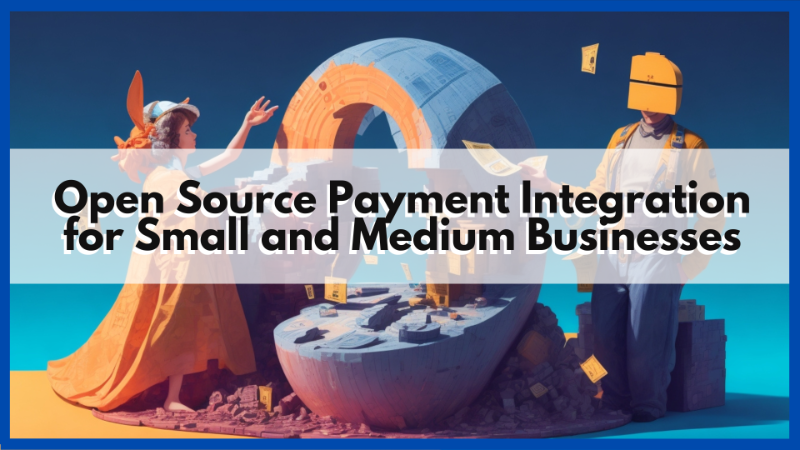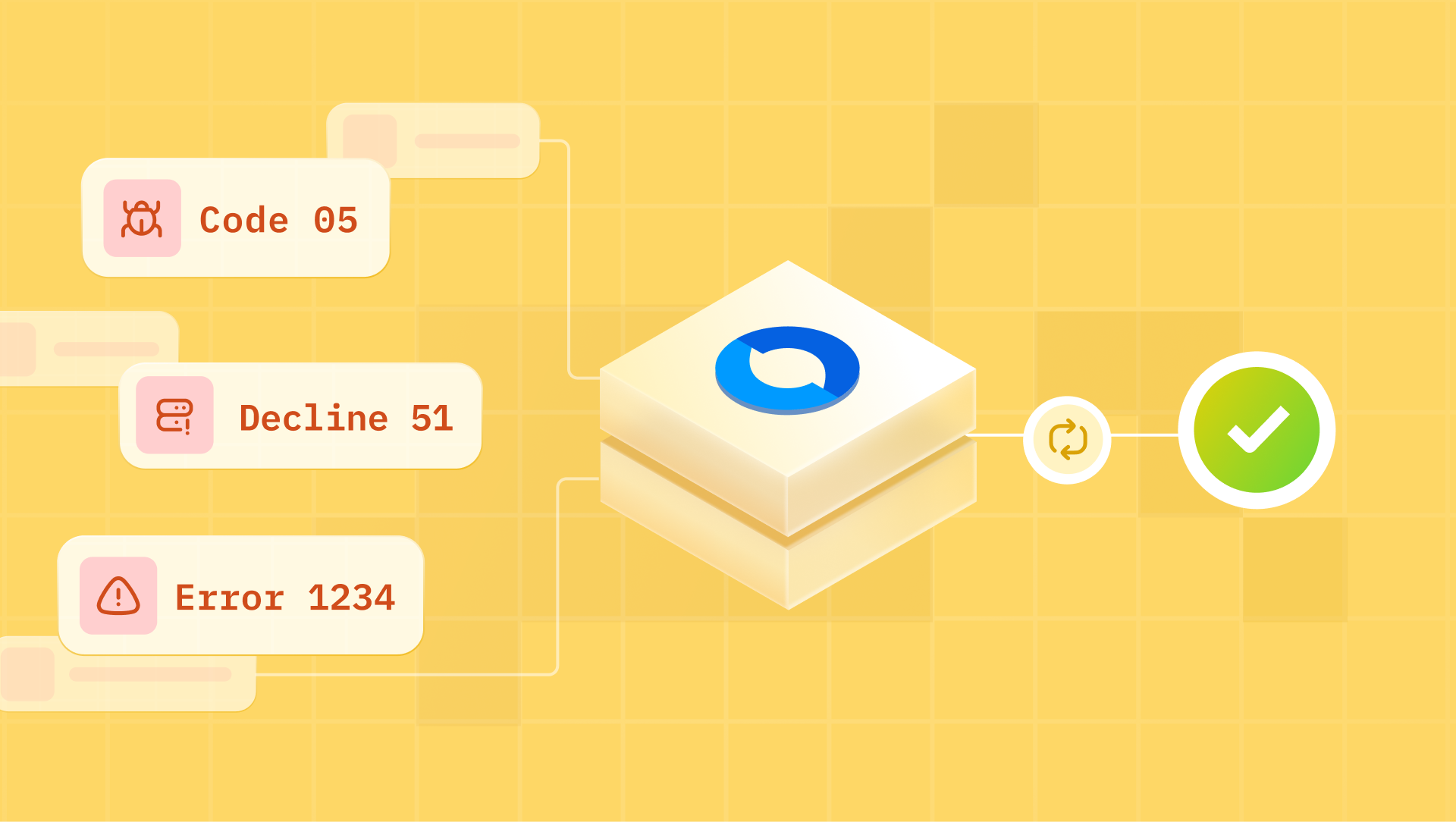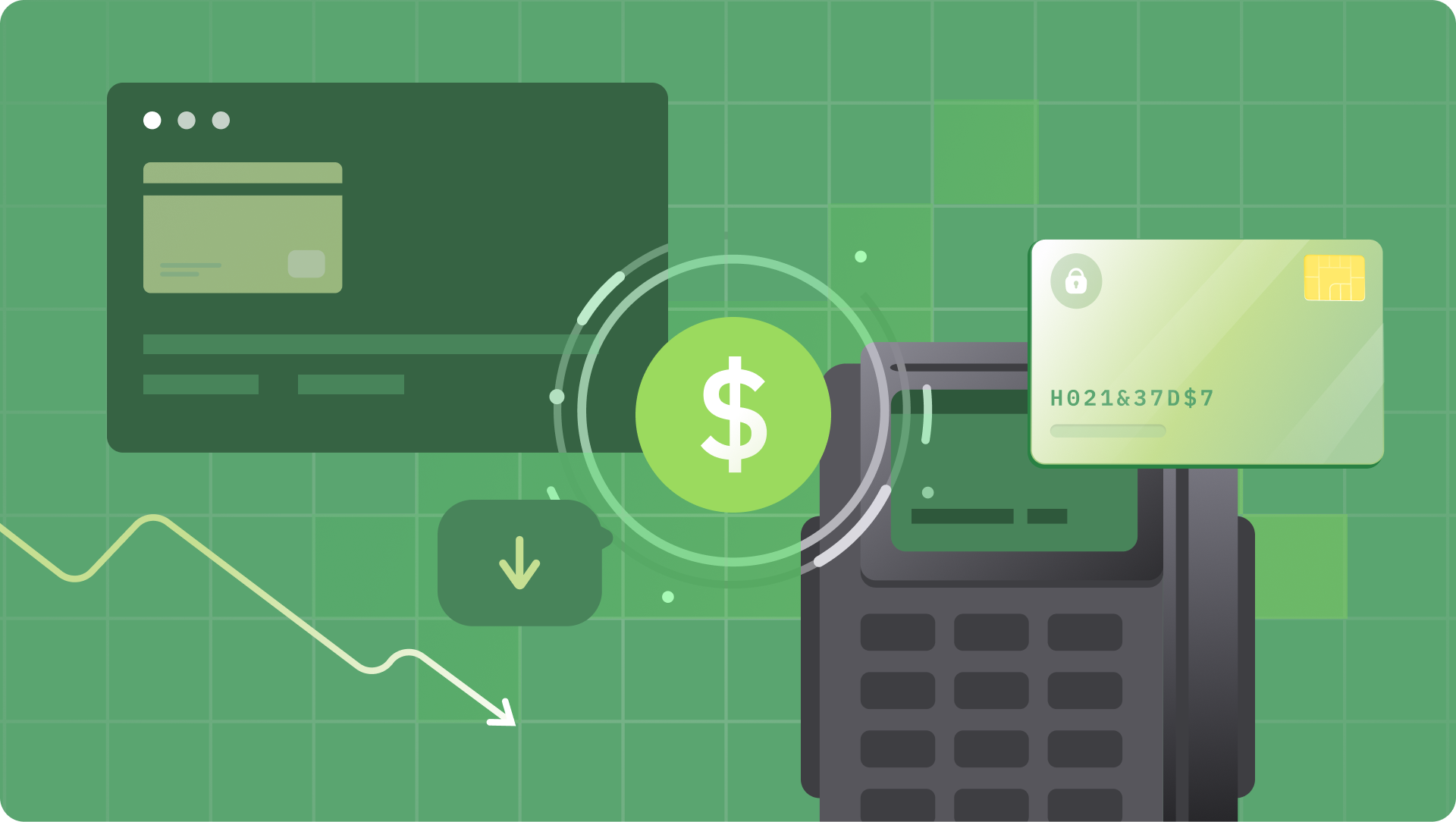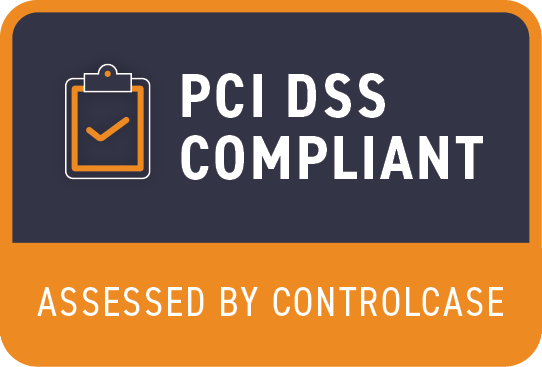Open source has always been a catalyst for change, revolutionizing industries one sector at a time. The payments and fintech sectors, vital in our daily transactions, is also starting to embrace this transformative wave. Today, let's navigate the world of open source in payments—unpacking its mechanics, exploring its perks, acknowledging its challenges and knowing how you can be a part of this movement.
Why Open Source Payments?
Open source payment refers to a payment system that utilizes open source software, making its underlying code accessible to the public for inspection, modification, and enhancement. This approach fosters collaboration, innovation, and flexibility in creating payment solutions. Unlike proprietary systems, open source payments empower small businesses to customize and adapt payment processes to suit their specific needs. Payments are a basic utility that everyone on the internet must have access to, making it a perfect fit for open source
How Does 'Open Source' Payment Integration for Small Businesses Work?
Payments are critical but not core to most businesses. This is especially true for small business which usually would not have the bandwidth to allocate resources to run a payments stack. Payments software can should be customizable to meet the unique requirements of the business. The integration process typically includes connecting the open source payment system with the business's platform, point-of-sale (POS) systems, and other relevant platforms.
This integration should allow for seamless and secure payment processing and should also connect to multiple payment processors. Customers can make purchases online or in-store, and the open source payment system handles the transaction securely, ensuring that sensitive financial information is protected.

What are the Advantages of Open Source Payments for Small Businesses?
Embracing open source payment solutions can offer numerous benefits for small businesses. Here are some key advantages:
- Cost-Effective: Open source payment systems often come with lower upfront costs compared to proprietary solutions. Small businesses can save on licensing fees and allocate resources to other critical areas.
- Customization: The open nature of the source code allows businesses to tailor the payment system to their specific needs. This flexibility is especially valuable for businesses with unique requirements.
- Community Support: Open source projects thrive on community collaboration. Small businesses can leverage a community of developers and users who contribute to the improvement and troubleshooting of the payment system.
- Security: The transparency of open source code enhances security. With a community of developers scrutinizing the code, vulnerabilities can be identified and addressed promptly, reducing the risk of security breaches.
- Scalability: As businesses grow, their payment processing needs may evolve. Open source payment systems can be scaled to accommodate increasing transaction volumes and expanding operations.
What are the Drawbacks of Open Source Payment Integration in Small Businesses?
While open source payment solutions offer numerous advantages, it's essential to be aware of potential drawbacks:
- Technical Expertise: Implementing and managing open source payment systems may require technical expertise. Small businesses without an in-house IT team might need external assistance for installation and maintenance.
- Integration Challenges: Integrating open source payment solutions with existing systems can be complex. Compatibility issues may arise, necessitating careful planning and execution.
- Limited Vendor Support: Unlike proprietary solutions that come with dedicated vendor support, open source payment systems rely on community support. Small businesses may find it challenging to get timely assistance for specific issues.
- Updates and Maintenance: While updates are crucial for security and performance improvements, small businesses must actively manage updates for open source payment systems, which can be time-consuming.
Is Open Source Payment Integration Free for Small Businesses?
The term "open source" often leads to the assumption that everything associated with it is free. While the software itself is typically free to use, small businesses should consider additional costs, such as customization, integration, and ongoing maintenance. These costs may vary depending on the complexity of the business's payment needs and the level of support required.
It's important to view open source payment integration as an investment that can yield long-term benefits. The initial costs may be lower than proprietary solutions, but businesses should allocate resources for customization, training, and ongoing support to maximize the value of their open source payment system.
Open source payment integrations present a compelling option for small businesses seeking cost-effective, flexible, and secure payment solutions. By understanding the advantages, drawbacks, and associated costs, businesses can make informed decisions that align with their unique requirements.
As technology continues to evolve, open source payment solutions are likely to play a significant role in shaping the future of financial transactions for small businesses. Embrace the power of open source to unlock new possibilities for your payment processes.
FAQ's
Is open source payment integration suitable for all types of small businesses?
While open source payment integration offers flexibility, its suitability depends on the specific needs and technical capabilities of the business. Small businesses should consider the tradeoff between control and ease of use for their respective needs.
How can small businesses ensure the security of open source payment systems?
Security is a top priority. Small businesses should regularly update their open source payment systems, implement security best practices, and consider professional security audits to identify and address potential vulnerabilities.
Can open source payment systems be integrated with popular e-commerce platforms?
Yes, many open source payment systems are designed to integrate seamlessly with popular e-commerce platforms. Businesses should choose solutions that align with their existing technology stack and ensure compatibility with their chosen e-commerce platform.








